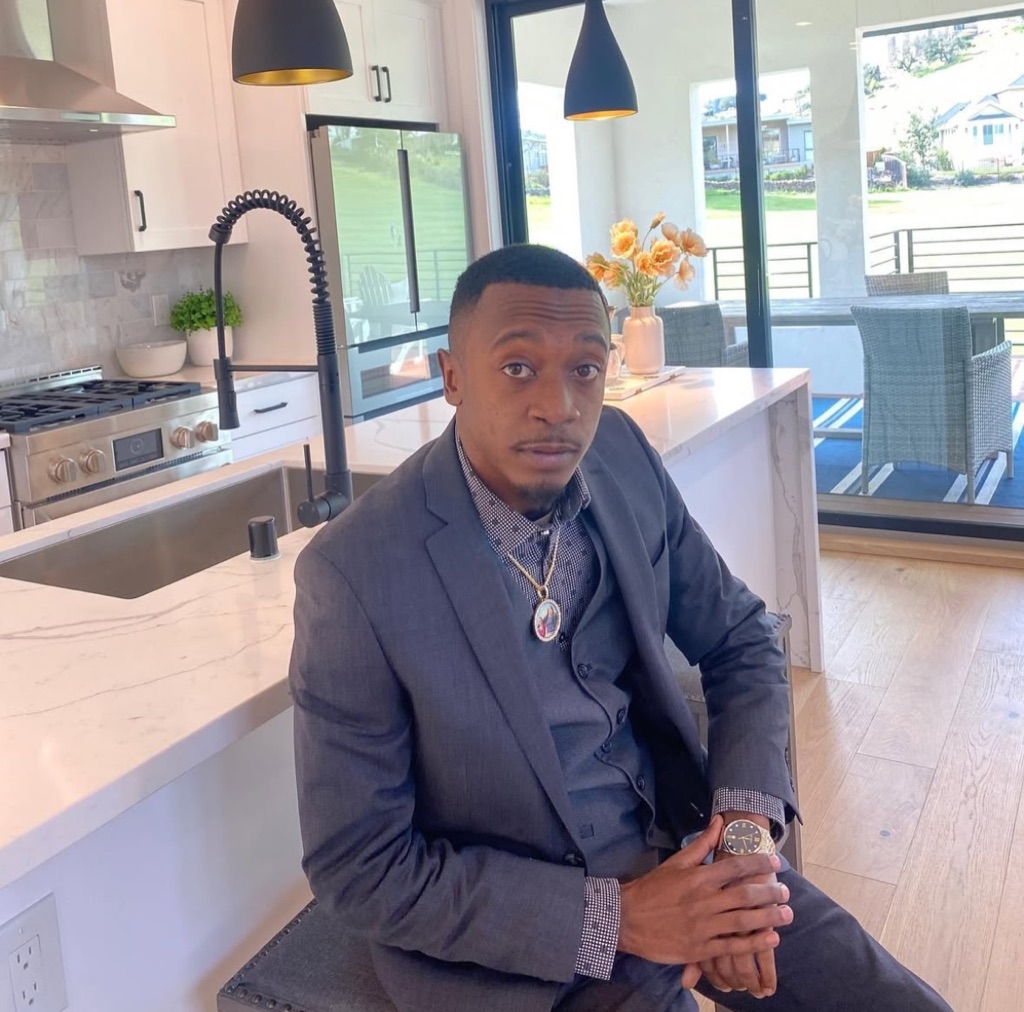Last spring, during the climax of the Black Lives Matter protests and civil unrest, English teacher Vanessa Kristal adjusted her curriculum for the rest of the semester to focus on the current events. Even after these class conversations, however, multiple students felt that these topics needed to be discussed more. One of these students, junior Sadie Leonard, reached out to Kristal at the start of the summer, ultimately inspiring the creation of the now official club, The Antiracist Book Club.
“I felt like I wasn’t having enough conversations with people about everything going on in our world, and it’s tricky because, in a normal school year, we might be having discussions in our classroom, but that’s something that’s really difficult to do online,” Leonard said.

The Antiracist Book Club started with only a few people but is growing as new members joined this fall. Although the weekly meetings are still on Zoom, the club has been able to tackle difficult topics and progress in their learning. Kristal functions as a discussion facilitator, helping the book club members continue their conversations in order to educate themselves.
“I feel like education is the key to trying to make sense of this [current civil unrest]. What we can do right now is really educate ourselves on these causes and create a deeper understanding of how to be active,” Kristal said.
By reading books about inequality and social justice written by authors from diverse backgrounds, the club is able to expand their knowledge and learn from multiple perspectives. So far, they have read “How to Be an Antiracist” by Ibram X. Kendi, “White Fragility” by Robin DiAngelo and “Women, Race and Class” by Angela Davis.
“I think these [books] create a nice, safe space to learn what’s going on in our world through fiction and to kind of develop a level of empathy that we might not have because we haven’t been exposed to those stories before,” Kristal said.
Junior Claire McKechnie, a member of the club, explains that the conversations that The Antiracist Book Club has are very impactful. For her, one of the biggest takeaways is learning that people need to do more than simply support the cause in order to create a change.

“Being not racist is not enough for things to change because being not racist means that you are indifferent about racism, that to you racism is not a big enough problem to actively go out of your way and fight against it,” McKechnie said. “In order to dismantle white supremacy, people need to be anti-racist, and anti-racists are people who push for policies that promote equity among all races and who call out racism when they see it, who break white solidarity and who lead others in the movement.”
According to McKechnie, Redwood should integrate more social justice books by diverse authors into their curriculum, as most of the novels currently taught are classics written by white men. In doing this, students are given the opportunity to learn about new, important issues and have interesting class discussions. McKechnie stresses that reading these types of books helps us to see beyond our own perspectives.
“As members of a multicultural nation, we owe it to the people of color in our community to do our work and to educate ourselves on their struggles so we can do our part to actively promote equality,” McKechnie said.
The Antiracist Book Club is a safe space for students to have these difficult conversations about equality and race. In the club, students are encouraged to express their ideas without criticism.
“I think that conversations about race and racism can be really difficult because there are so many trigger words. People feel really uncomfortable talking about it and so having a place where it’s okay if you say something that’s not right or maybe that’s not perfect, we’re all learning together, and so we can freely share our ideas on topics that might be difficult to talk about in other settings,” Leonard said.
Although The Antiracist Book Club is currently in the middle of reading “Caste: The Origins of Our Discontents” by Isabel Wilkerson, it is still open to new members and invites people to join the low-pressure, inclusive community. The club meets once a week during SMART period on Thursdays to discuss the current book. With conversations that go beyond just the reading, it is easy to join at any time. Email Kristal at vkristal@tamdistrict.org if you would like more details on how to be a part of The Antiracist Book Club’s fight against racism.




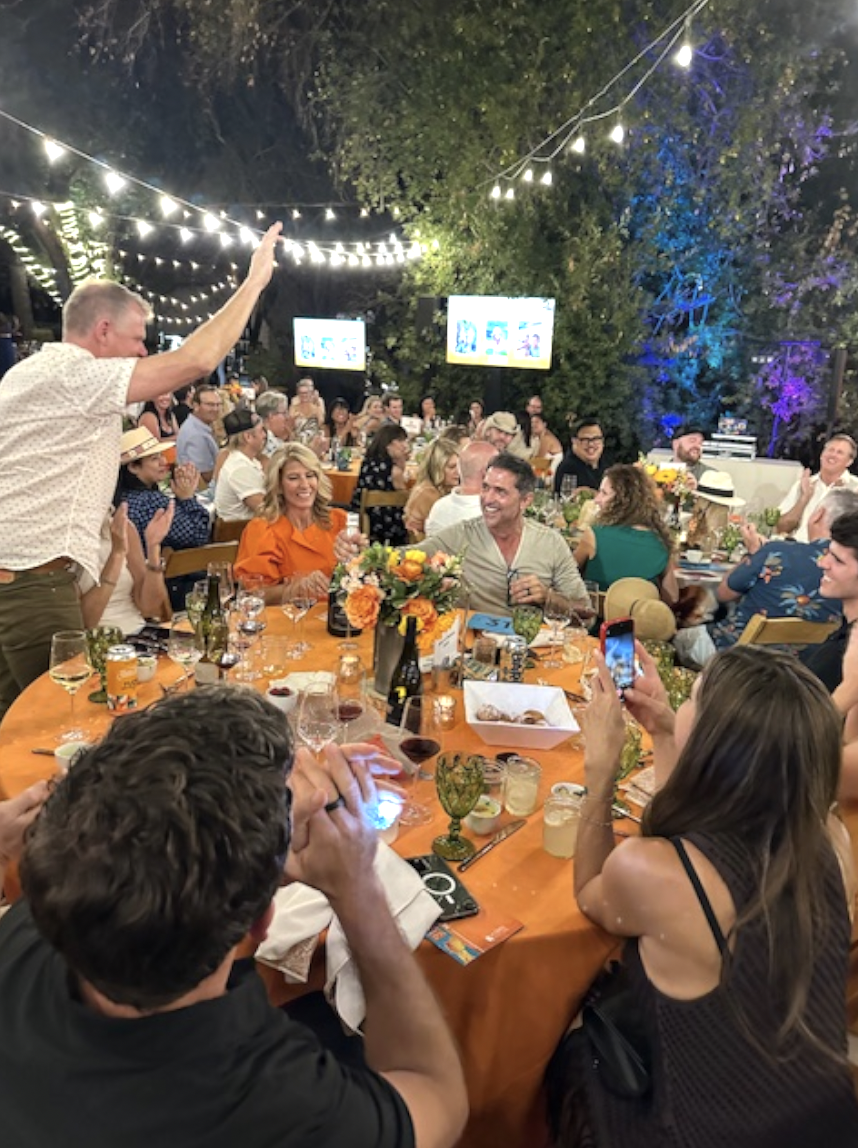
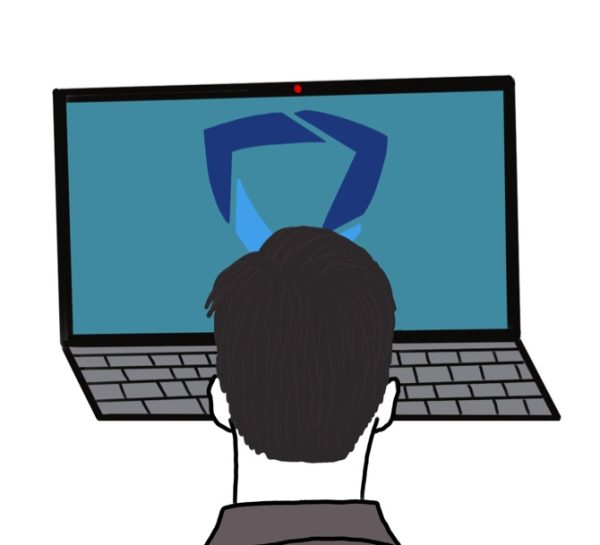
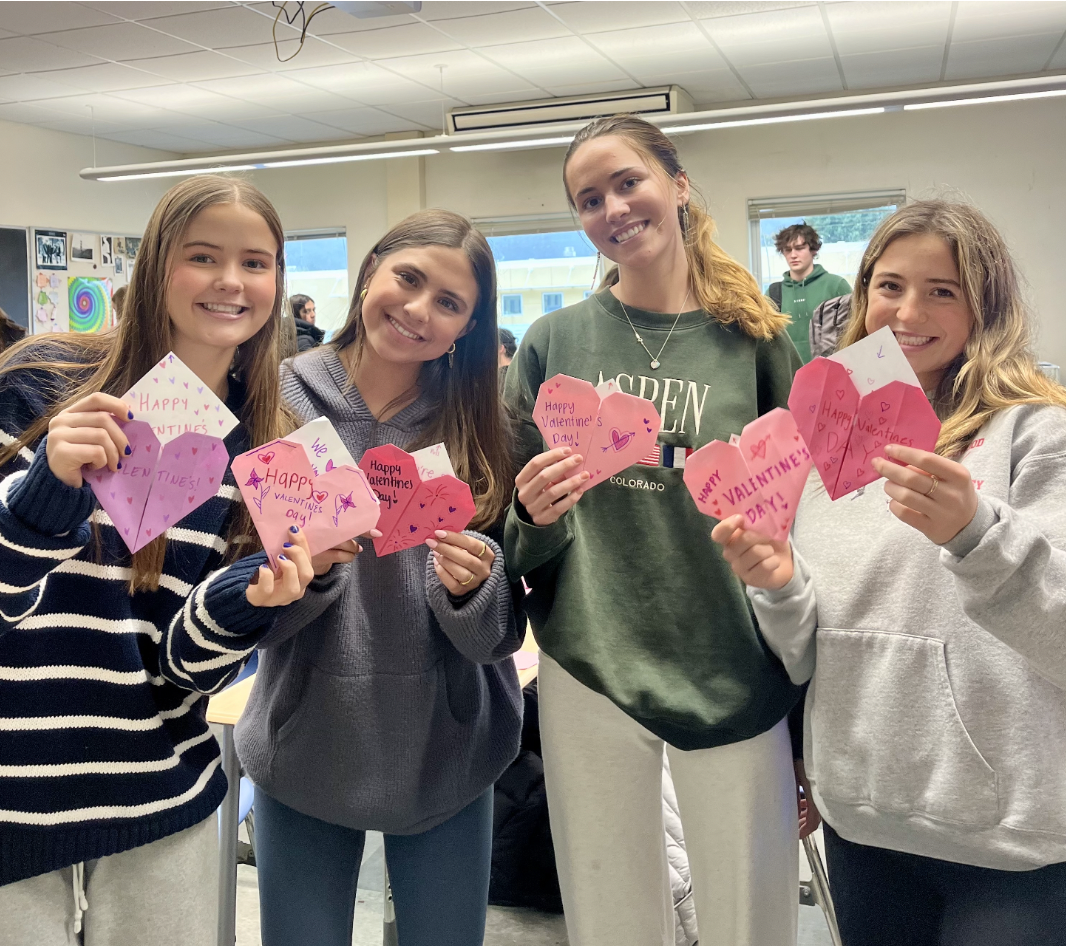
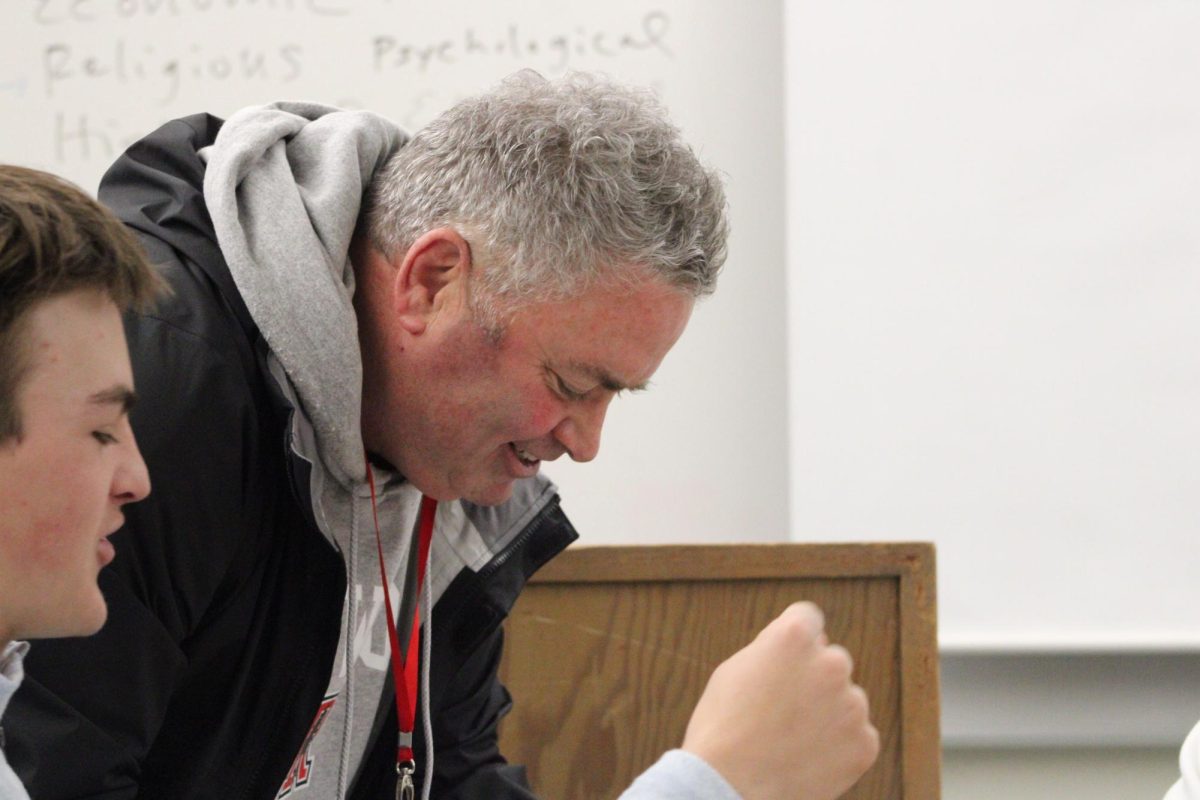
!["I knew I wanted to be a writer. I wasn't a good student [at Redwood], but I wanted to be a writer, and I wanted to paint. I'm self-taught in all of it, which gave me an original voice," Paige Peterson said. (Photo courtesy of Paige Peterson’s website).](https://redwoodbark.org/wp-content/uploads/2025/02/ppeterson.png)
